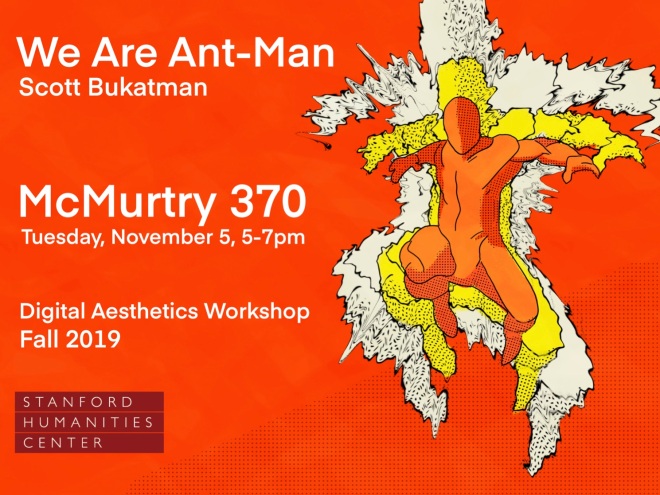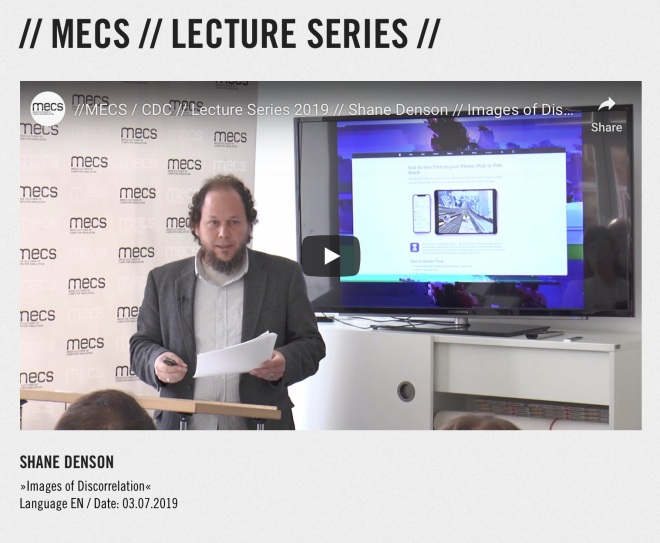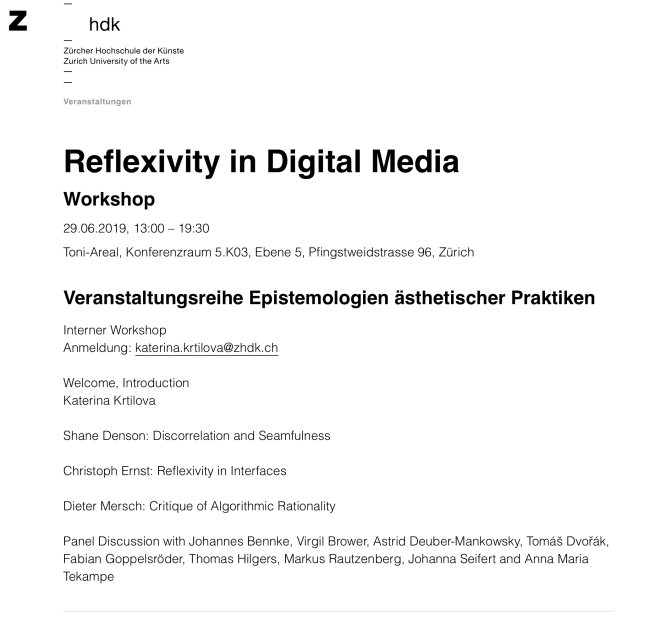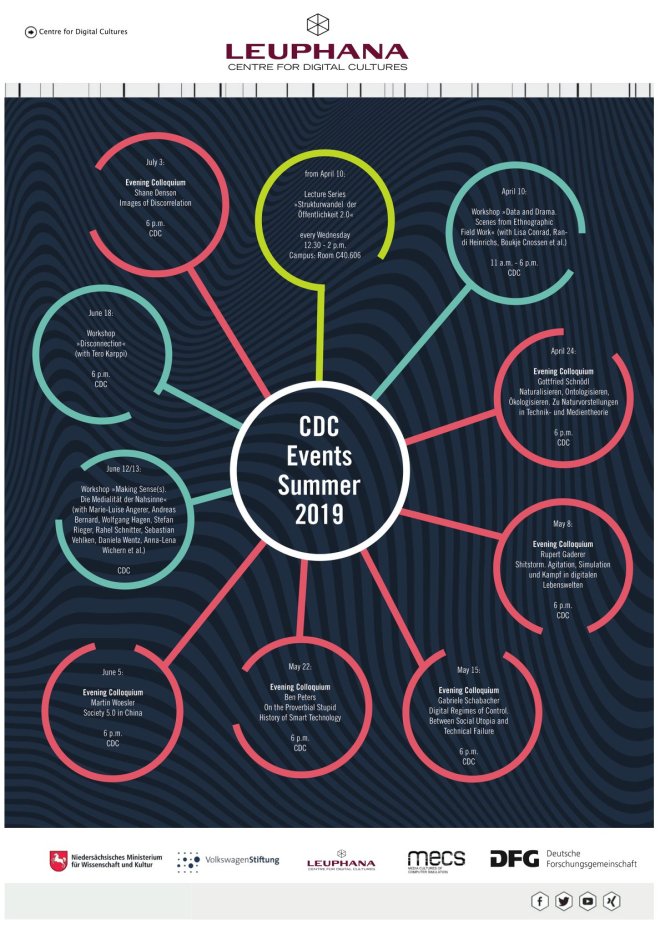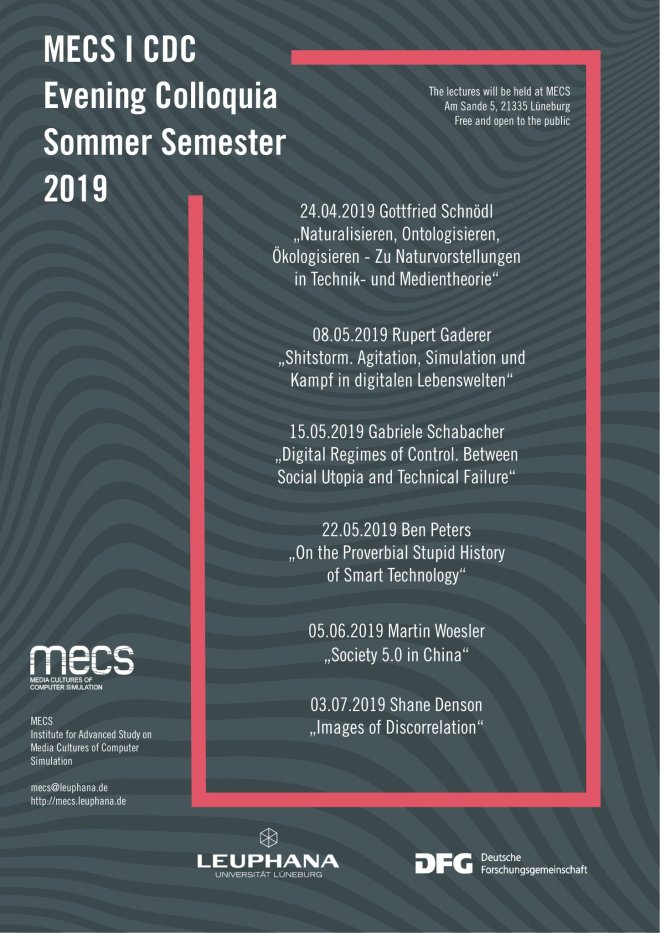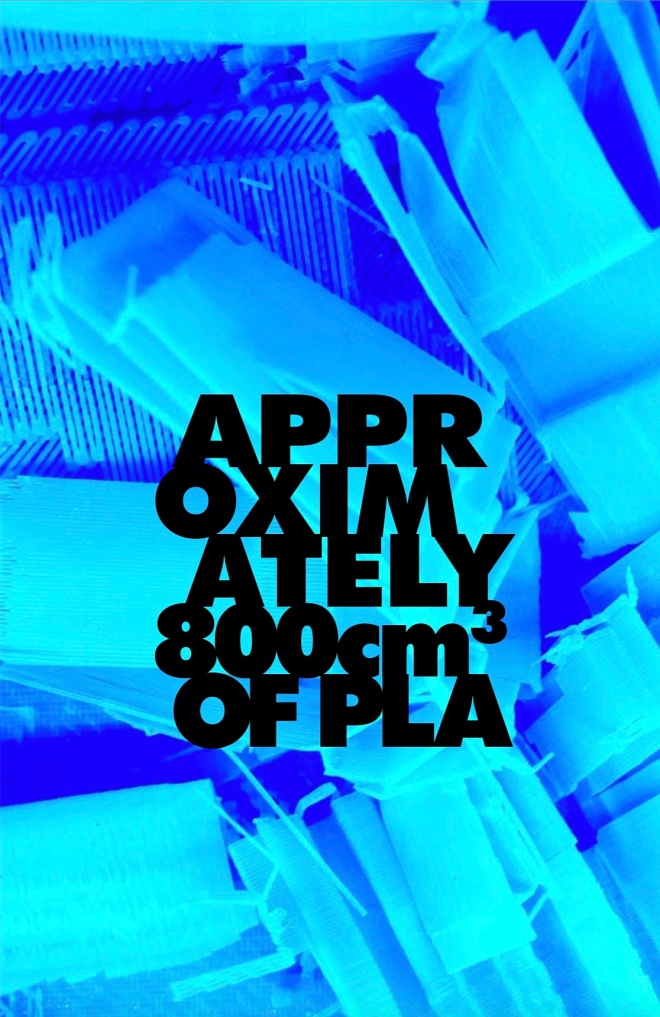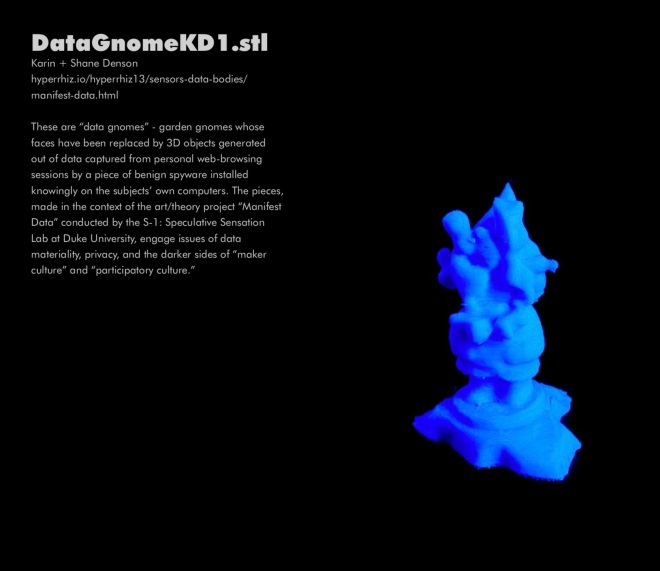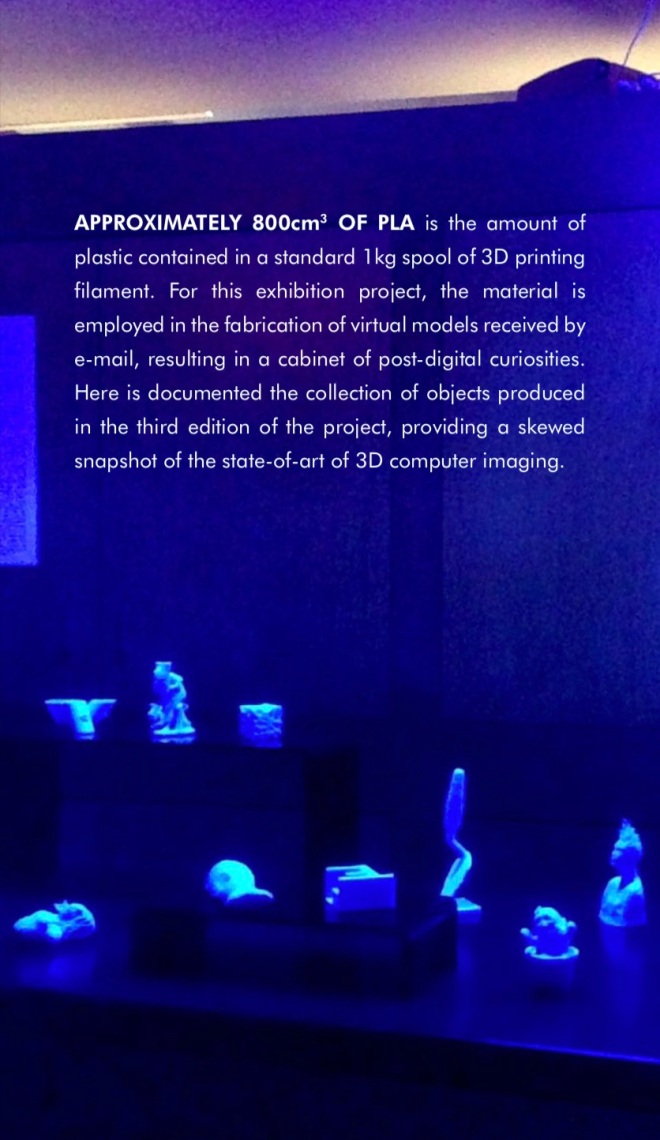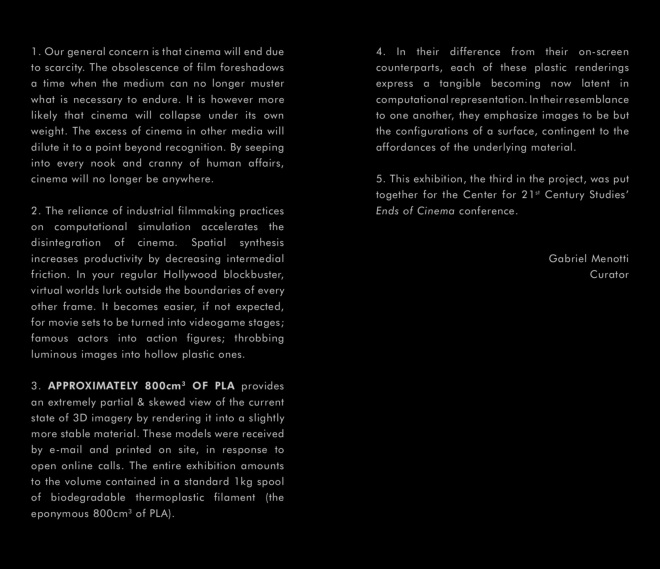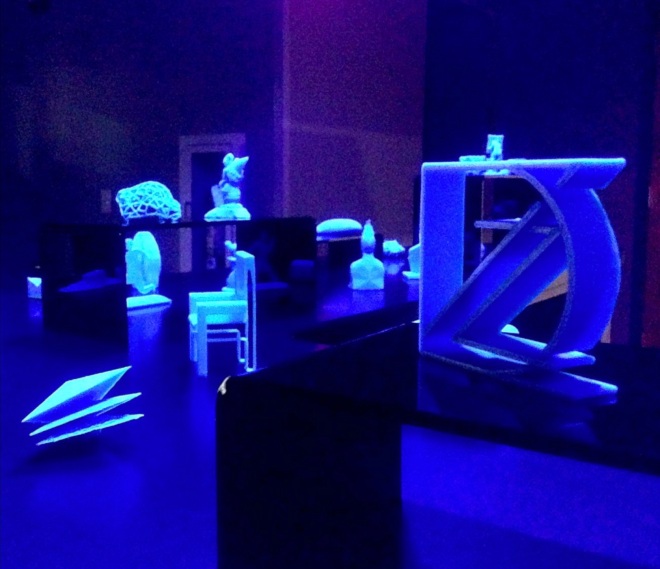
We’re excited to announce a last-minute workshop with Sarah T. Roberts, next Tuesday, April 21st, from 5 to 7 PM. The workshop will take place via Zoom; please email Jeff Nagy (jsnagy at stanford dot edu) for the link.
Professor Roberts is the leading authority on commercial content moderation, the mostly invisible, increasingly globalized labor that keeps digital platforms free(-ish) of hate speech, pornography, and other kinds of unwanted material. Her research has become even more crucial over the last few months, as we increasingly spend the bulk of our professional and social lives online, and we hope you’ll join us to discuss it.
Behind the Screen: Content Moderation in the Shadows of Social Media
Faced with mounting pressures and repeated, very public crises, social media firms have taken a new tack since 2017: to respond to criticism of all kinds and from numerous quarters (regulators, civil society advocates, journalists, academics and others) by acknowledging their long-obfuscated human gatekeeping workforce of commercial content moderators. Additionally, these acknowledgments have often come alongside announcements of plans for exponential increases to that workforce, which now represents a global network of laborers – in distinct geographic, cultural, political, economic, labor and industrial circumstances – conservatively estimated in the several tens of thousands and likely many times that. Yet the phenomenon of content moderation in social media firms has been shrouded in mystery when acknowledged at all. In this talk, Sarah T. Roberts will discuss the fruits of her decade-long study the commercial content moderation industry, and its concomitant people, practices and politics. Based on interviews with workers from Silicon Valley to the Philippines, at boutique firms and at major social media companies, she will offer context, history and analysis of this hidden industry, with particular attention to the emotional toll it takes on its workers. The talk will offer insights about potential futures for the commercial internet and a discussion of the future of globalized labor in the digital age.
Sarah T. Roberts is an assistant professor of Information Studies at the UCLA School of Education and Information Studies, specializing in Internet culture, social media, and the intersection of media, technology and society. She is founding co-director, along with Dr. Safiya Noble, of the forthcoming UCLA Center for Critical Internet Inquiry. Her book, Behind the Screen: Content Moderation in the Shadows of Social Media, was released in June 2019 (Yale University Press).





